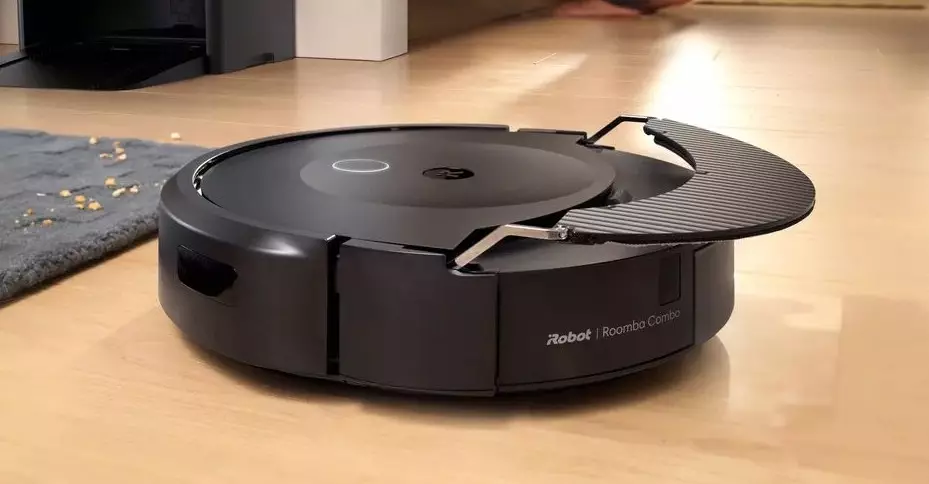With the arrival of Apple’s iOS 18.4, the tech world buzzes with excitement, particularly among smart home enthusiasts. This latest update doesn’t merely enhance the iOS ecosystem; it also brings with it significant updates to the Matter protocol, which has been making strides toward creating a unified smart home experience. As the usability of smart devices becomes increasingly crucial for consumers, Apple’s commitment to improving home automation through iOS 18.4 signifies a pivotal moment in tech advancement.
Introducing Matter: A Universal Language for Smart Devices
At the core of this revolutionary update is the Matter protocol, designed to allow smart devices from different manufacturers to work seamlessly together. Companies like Roborock, iRobot, and Ecovacs are jumping onboard, aligning their products with Apple’s Home app and leveraging the capabilities of Matter. The intention is clear: to create a world where robot vacuums and other smart home devices can communicate seamlessly, eliminating the confusion that often accompanies multiple ecosystems and disparate technologies.
The promising aspect of the Matter protocol is its platform-agnostic approach, which enables users to control their devices via various ecosystems, including Apple, Google, and Amazon. This feature not only enhances user experience but also broadens the market reach of participating companies. Without needing to be locked into a single platform, consumers can choose the best products for their needs without compromising interoperability.
Compatibility Takes Center Stage
Among the various enhancements within iOS 18.4, the support for robot vacuums marks a noteworthy improvement. With updated firmware from manufacturers, devices will be able to connect and be controlled through the Apple Home app. For users of Roborock’s premium models such as the S8 MaxV Ultra and others, this is a monumental shift—it offers a new level of convenience. Imagine being able to command your cleaner through your iPhone, iPad, or even your Apple Watch. Tasks you formerly scheduled through separate apps will now seamlessly integrate into your daily life.
This capability could redefine how households manage their cleaning schedules and maintain cleanliness. However, while these advancements are commendable, they also present a caveat: some functionalities, particularly advanced cleaning features like mapping and zone configurations, remain exclusive to the manufacturer’s proprietary applications. This limitation may frustrate some users who desire full control over their devices.
Embracing the Era of Voice Control
As Siri becomes an increasingly integral part of the iOS experience, the update allows users to leverage voice commands to manage their robot vacuums. This hands-free approach to home maintenance transcends the passive act of monitoring chores; it promotes a proactive engagement with home automation. Users can dictate specific rooms for cleaning or verify the status of their devices without lifting a finger. This is not merely a convenience; it’s a lifestyle enhancement that reflects the evolving nature of human interaction with technology.
The Future of Smart Home Integration
Moreover, the upcoming firmware updates from Ecovacs further affirm the industry’s shift towards a universally integrated smart home environment. As devices start rolling out Matter compliance, we can expect a remarkable improvement in how users interact with their smart home devices. The promise of enhanced connectivity with platforms like Google Home and Amazon Alexa indicates that we are moving toward an era where our homes can genuinely serve our needs, adapting and learning as we do.
However, Apple’s approach, focusing on integrating basic controls rather than delving into advanced features, invites scrutiny. It raises questions about whether the company can compete effectively in the complex ecosystem of smart home devices while limiting the capabilities of the Home app. Will this compromise lead to a less robust user experience in comparison to dedicated apps from manufacturers?
Ultimately, as companies continue to innovate and improve upon their offerings in this burgeoning space, the potential for smart home ecosystems to streamline daily tasks becomes ever more significant. With iOS 18.4 and the expanded support for Matter, we are not only witnessing a technological upgrade; we are also on the brink of experiencing a fundamental transformation in how we manage our living spaces.

